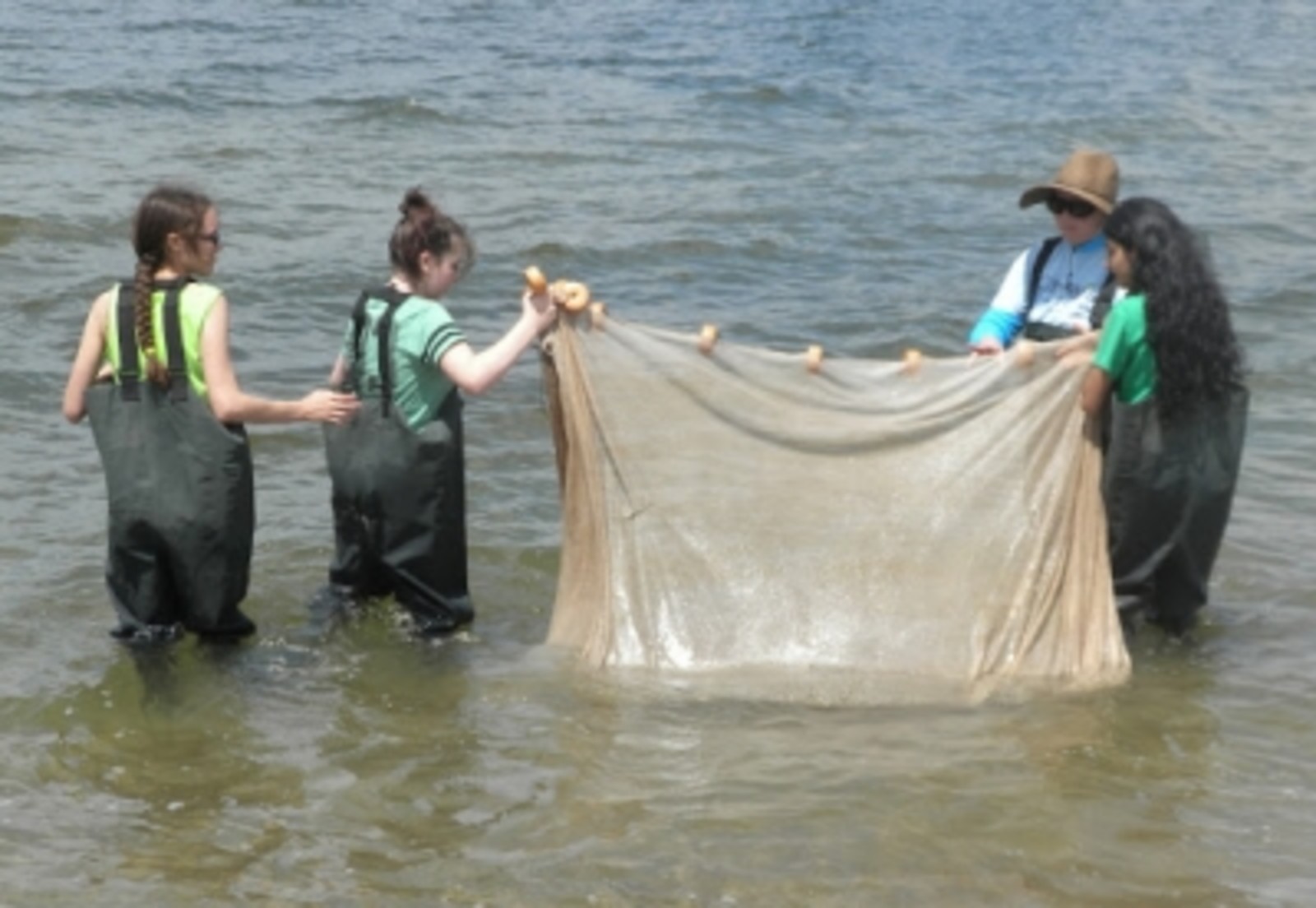New listing highlights 100+ free programs

We’ve just launched our new listing of free and low-cost summer and after-school programs to help you take advantage of the many extracurricular opportunities offered in the city.
The listing highlights more than 100 free and low-cost programs, including 11 in math, 41 in science, 21 in art, 21 in the humanities, and 23 in academic prep. We paid special attention to the many programs that focus on math and science, since they have the ability to get students excited about subjects that might not have sparked their interest in the classroom. Last summer we visited several programs to see what children can do after school and during the summer to get engaged in mathematical and scientific activities.
The City Parks Foundation’s Green Girls Summer Institute, a free environmental science program for middle school girls, engages up to 30 girls in hands-on activities and field trips that expose them to a wide range of topics, including urban ecology, biology, zoology and botany. During our visit, the girls traveled from their home base at the YMCA in Long Island City to the Coastal Classroom at Kaiser Park in Brooklyn. At the park, they donned waders and went waist-deep into the New York Harbor, using large nets to catch small fish and invertebrates. After closely observing the specimens they had collected, the girls discussed concepts like ecosystems and food chains in the context of the harbor.
The Summer Engineering Experience for Kids (SEEK) is another free summer program run by the National Society for Black Engineers for kids interested in math and science. A national program with a site in Brooklyn, SEEK introduces students in grades three through five to concepts like energy, force, gravity, distance, aerodynamics and friction. During our visit, students were building solar-powered cars, glider planes, and “gravity cruisers,” or miniature vehicles that use gravity as a force of momentum. Over the course of each week, students build a prototype, alter it, and prepare it for competition in the fields of speed and design.
Wave Hill, a public garden and cultural center in the Bronx, offers two paid summer programs for high school students: the Forest Project Summer Collaborative and the Woodland Ecology Research Mentorship. Students participating in the Forest Project work as part of a team to preserve the woodlands around Wave Hill. Participants in the Woodland Ecology Research mentorship perform field research with scientists during the summer and academic year. A key part of both programs is the environmental science and mapping courses that students take at Lehman College. During our visit, participants in both programs were working in the scenic woodlands at Wave Hill, identifying and removing invasive species and improving the park’s trails. Students in the research mentorship used GPS devices to pinpoint the location of various plants, which they would map in their GIS class at Lehman.
The New York Hall of Science in Queens offers several free and low-cost summer and after-school programs for children, as well as a paid educational program called the Science Career Ladder for young people between the ages of 14 and 25. The museum offers School’s Out Innovation Camps for children in grades K-8 ranging from “Girls First Digital Studio” to “Nature and Me” throughout the year. When we visited a summer session, students were building structures out of popsicle sticks and testing the strength of their structures with a shake table. The campers also had time built into their day to explore the museum’s interactive exhibits. During our visit, we also saw several participants in the Science Career Ladder, called Explainers, at work throughout the museum, explaining exhibits, performing demonstrations, and helping to lead the museum’s camps and clubs.
The programs that we visited would all provide engaging and fun experiences for children and teens to get excited about math and science, but they are only the tip of the iceberg. Browse our new listing of free and low-cost programs to find even more programs in math, science, and beyond.
See the complete listing of free programs here.
Additional reporting by Owen Minott and Annaclaire Diianni-Miller.
Please Post Comments